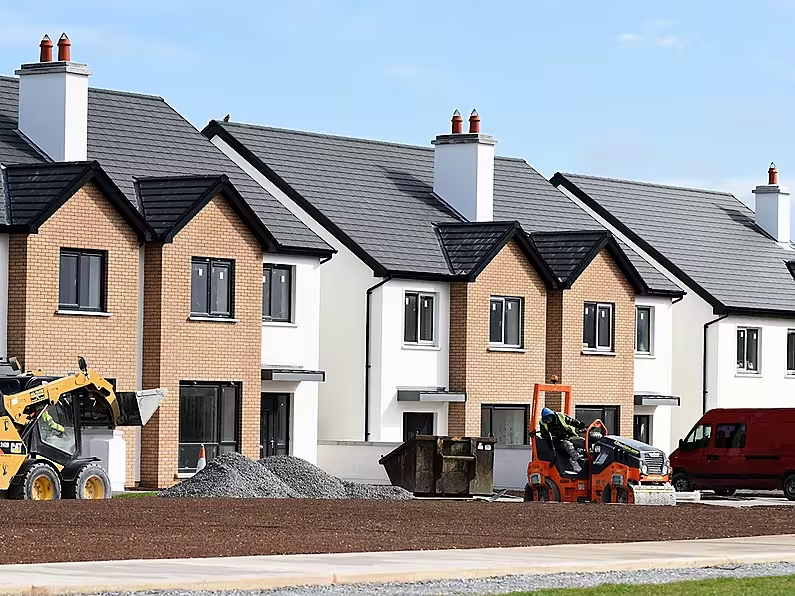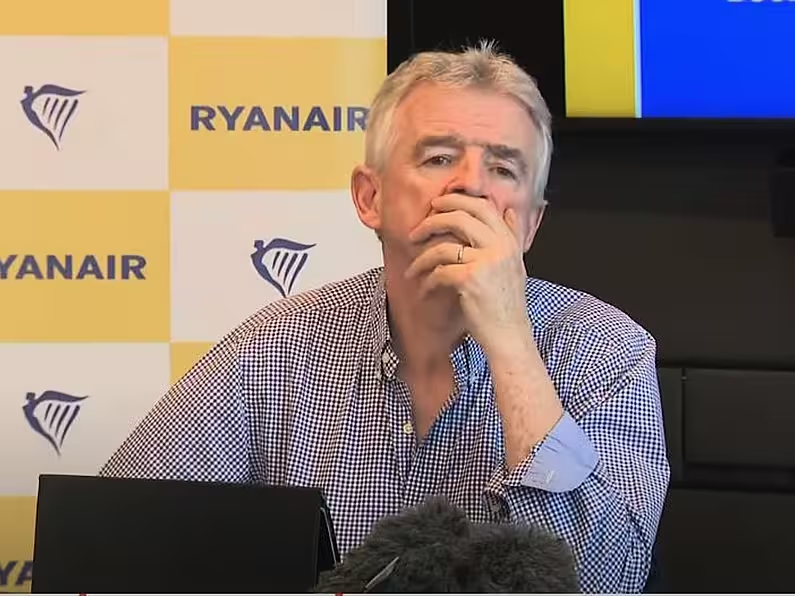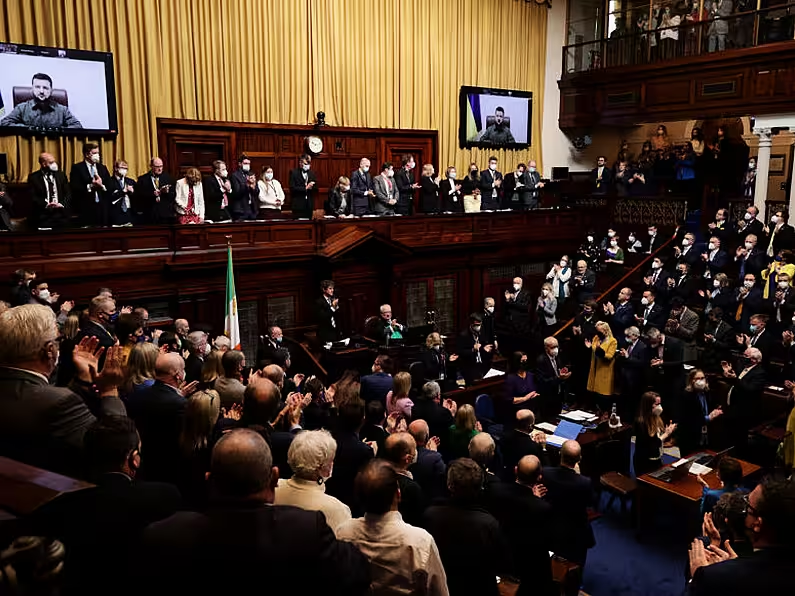Digital Desk Staff
With all construction being allowed to resume on May 4th, things are slowly starting to get back to normal for the industry.
However, with construction being halted for a number of months, the Government is already behind the eight-ball when it comes to delivering new houses.
As the Affordable Housing Bill 2021 was approved by Cabinet earlier this month, we now have some idea of what the Government has planned for housing for the coming years.
On Thursday, the Housing Minister appeared before the Committee on Housing to shed some light on what they have planned. Here is breakdown of what the plan entails.
What are house prices currently like?
As the Irish Times reports, the latest report on the average sale price of houses by daft.ie, published last month, noted that despite Covid-19 prices actually increased during 2020, rising €20,000 to a national average of €275,000.
The report, which covered the first three months of 2021, showed the average asking price in Dublin was touching on €400,000. While successive lockdowns have suppressed supply, demand has still remained high.
What has the Government's response been?
The Affordable Housing Bill 2021 approved by Cabinet aims to provide more housing, but there is no definite number as to how much hosuing. However, the controversial shared equity scheme, which forms part of the Bill, aims to provide 6,000 affordable homes over three years, approximately 6 per cent of housing need.
What exactly is the Affordable Housing Bill?
The bill is made up of four parts. The first part is a direct scheme of affordable homes built by the State.
The idea is to encourage local authorities to build affordable (as opposed to social) homes on its own lands – at a lower cost than if they were built on private land.
A scheme is already under way of 50 homes in Boherboy in Cork. But many more local authorities would need to begin work almost immediately if this aspect of the proposed legislation is to work.
The next part of the Bill will introduce a scheme for delivering cost-rental homes.
The idea behind this is that the tenants pay rent for the cost only – that is, of building the home, managing it and maintaining it. The Minister envisages that the first such scheme will be on-stream later this year, with rent at 25 per cent below market value.
This will allow tenants to hold long-term tenancies of homes at prices that are lower than market rents. If these homes are built at scale, they could impact on the market by lowering the prices.
Opposition parties support the idea of cost-rental but have criticised a recent speech by the Minister for Housing, Darragh O’Brien, in which he said a “for profit” element could be introduced.
The third component of the Bill is a change to Part V of the Planning and Development Act. It will require that 10 per cent of new developments be ring-fenced for affordable housing as well as the existing 10 per cent for social housing.
Why have the opposition been critical of the Bill?
The final part of the Bill, shared equity, has drawn most of the criticism. First-time buyers will cede some equity in the home to the State to make it affordable.
The maximum equity the State can take is 20 per cent. However, first-time buyers will also be able to avail of the existing Help to Buy tax break, which is worth 10 per cent of the price up to €30,000. So, on a €400,000 home, the two schemes would result in a mortgage of €290,000.
Regional price caps have also been announced: €225,000 for houses in some rural counties, but €450,000 in Dublin and Dún Laoghaire (and €500,000 for apartments there).
The Minister said the prices are based on median prices in the regions, but the Opposition has claimed that €500,000 is not affordable in any circumstances.
Mr O'Brien has said there will be a zero interest charge on the equity for the first five years, and 1.75 per cent between years six and 15. Critics have suggested equity charges would be like a double mortgage and the scheme will drive prices up.
Meanwhile, The Central Bank, the ESRI and the Housing Agency have all come to similar views, citing studies that showed 6 per cent inflation following similar schemes in London.
But, citing different reports, the Minister has claimed it will result in a 14 per cent increase in supply with only 1 per cent inflation.













